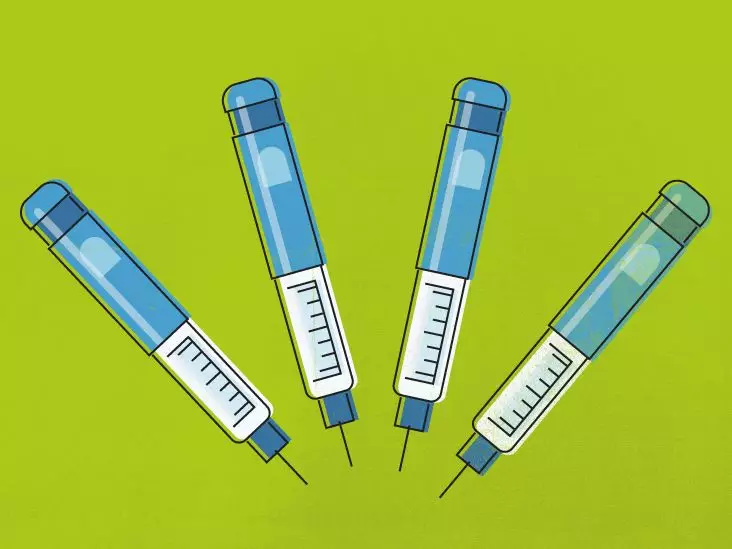The cost of medications can be a significant concern for many, particularly for vital treatments like Gvoke, a glucagon product used to mitigate severe hypoglycemia in individuals with diabetes. The fluctuations in pricing can largely be attributed to a variety of influencing factors, which can leave patients confused and uncertain about their medication expenses. It’s imperative for patients to understand these elements to make informed decisions about their healthcare treatment paths.
Gvoke doesn’t have a generic equivalent, which often increases its cost. Patients might wonder why, in a marketplace full of various treatment options, Gvoke remains a brand-name drug with a hefty price tag. One reason for this is the extensive research and development that goes into creating safe medications. The fundamental principle behind brand-name drugs pricing is the exclusivity granted through patents, allowing manufacturers to recoup their investment during the patent period, usually lasting up to 20 years. Once this period is over, competition from generic drugs can drive prices down significantly. However, in Gvoke’s case, there is no generic version available, as the brand continues to dominate the market.
Understanding Your Insurance Framework
Navigating insurance coverage is another layer of complexity. For patients with insurance, the cost of Gvoke varies based on several factors. These include specific health plan benefits, any required prior authorization, and pharmacy choice. Understanding this maze of requirements can be taxing, which emphasizes the importance of open dialogue with healthcare providers and insurance representatives.
If you’ve been prescribed Gvoke, it’s wise to consult with your doctor or pharmacist about what you may expect in terms of costs. Additionally, your insurance provider can provide clarity about your plan’s specific coverage details. Patients should remain vigilantly proactive—gathering as much information as possible about their insurance policies can often reveal options to mitigate costs that may not be immediately apparent.
Seeking Financial Assistance
For individuals facing the burden of high medication costs, there are assistance programs available that can help alleviate financial strain. The myGvoke program, for instance, is designed to provide support for those needing help with Gvoke. Patients interested in this resource should reach out and check eligibility criteria as early as possible. Furthermore, tools such as Optum Perks coupons have been established to provide additional savings on prescriptions, offering a valuable lifeline to those who need it.
Taking advantage of these programs warrants a bit of effort but can lead to significant costs saved over time. Regularly keeping abreast of available assistance programs is crucial, as new options may arise, allowing patients to access necessary medications at more budget-friendly prices.
Generics vs. Brand Names: A Deep Dive
A common question arises around the concept of generics vs. brand-name drugs: Why the disparity in costs? While generics boast lower prices due to marketplace competition, they provide the same active ingredients as their brand-name counterparts and do not undergo the same exhaustive testing protocols. Nonetheless, the absence of a generic version for Gvoke means that individuals needing this medication cannot benefit from the lower pricing generally associated with generics.
It is vital to recognize that while the absence of generic options can be disheartening, there are other glucagon products available in generic forms for intramuscular injections. Engaging in discussions with healthcare providers about these alternatives and their coverage through insurance can present patients with broader options for managing costs effectively.
The Role of Patient-Driven Advocacy
The onus of navigating the cost labyrinth often falls upon the shoulders of patients, necessitating diligence and advocacy. An essential strategy is for patients to become well-versed in their medications and treatment options. This not only empowers individuals but also enhances the quality of conversations with healthcare professionals and insurance providers.
Patients should prioritize clear communication with their doctors during consultations—does a need for prior authorization exist? What specifics about insurance coverage pertain to Gvoke? These are pivotal questions that shape the journey towards affordable healthcare access.
Understanding the costs associated with Gvoke involves dissecting the interplay of numerous factors like treatment plans, insurance coverage, availability of generics, and financial assistance programs. By being well-informed and proactive, patients can better navigate the often daunting landscape of medication expenses, ensuring they receive the best care without excessive financial burden. Ultimately, financial literacy in healthcare can empower patients to advocate for themselves effectively.

